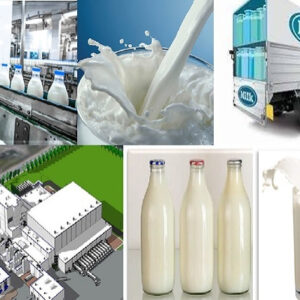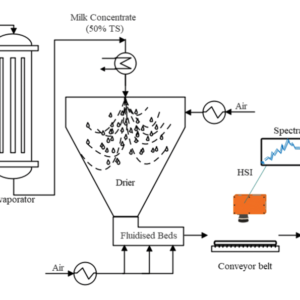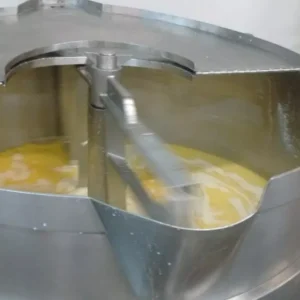Industry Overview
The curd-making business is a vital segment of the Indian dairy industry, which ranks among the largest globally. Curd, being a staple in Indian households, enjoys consistent demand across rural and urban markets. With growing health awareness and preference for probiotic-rich foods, the market for packaged curd is expanding rapidly. Additionally, the rise of organized retail chains and online grocery platforms has opened new avenues for small and medium-scale curd producers to reach consumers. The curd industry offers opportunities for innovation in packaging, flavor development, and shelf-life enhancement, making it an attractive business venture.
Government Subsidy Schemes for Curd Making Business
To promote the dairy industry and encourage entrepreneurship, the government offers various subsidy schemes for curd-making businesses. These include:
- Dairy Entrepreneurship Development Scheme (DEDS): Provides up to 25%-33% subsidy on project costs, depending on the entrepreneur’s category.
- PM Formalization of Micro Food Processing Enterprises (PMFME): Offers support for branding, marketing, and technology upgrades.
- Cold Chain and Infrastructure Scheme: Assists with the establishment of cold rooms and logistical solutions to ensure quality maintenance.
Such initiatives help small-scale curd manufacturers scale operations, adopt modern technology, and remain competitive in the growing market.
Eligibility Criteria for Curd Making Business Subsidy
To qualify for subsidies, curd-making businesses must fulfill specific criteria:
- Business Registration:
- Register as a proprietorship, partnership, LLP, or private limited company.
- Obtain mandatory FSSAI certification to comply with food safety standards.
- Detailed Project Report (DPR):
- Submit a comprehensive DPR detailing business objectives, production methods, and financial projections.
- Include market strategies and expected profitability.
- Location:
- The unit should preferably be established in rural or semi-urban areas to align with government development initiatives.
- Financial Stability:
- Provide audited financial documents, including bank statements and IT returns for the last three years.
- Hygiene and Compliance:
- Maintain production standards that meet FSSAI hygiene and safety regulations.
Meeting these criteria ensures eligibility for government assistance and positions the business for sustainable growth.
To apply for the Food Processing Scheme, the following mandatory documents are required for new enterprises (Individuals/Firms) as outlined in the manual
1. PAN Card of concerned/all promoters.
2.Aadhaar Copy & Photo of all promoters/guarantors.
3. Address Proof: Any of the Officially Valid Documents (OVD) such as:
o Utility bill (not more than two months old) from any service provider (Electricity, telephone, post-paid mobile phone, piped gas, water bill).
o Property or Municipal tax paid receipt.
o Ration Card (Individual).
o Driving Licence
o Aadhaar Card.
o Voter ID Card.
4. Details of the site where the unit is to be established, including whether it is owned/rented/leased, along with proof (Lease/rent agreement should be for more than the loan repayment period).
5. Photocopy of Bank
6. Estimates and Quotation of all capital expenditure and machinery and equipment to be purchased. Statement/Bank Passbook for the last 6 months.
For existing enterprises with a turnover of less than 1 crore, similar documents are required, including PAN Card, Aadhaar, address proof, and site details.
If you need more specific information or additional documents, please let me know!















